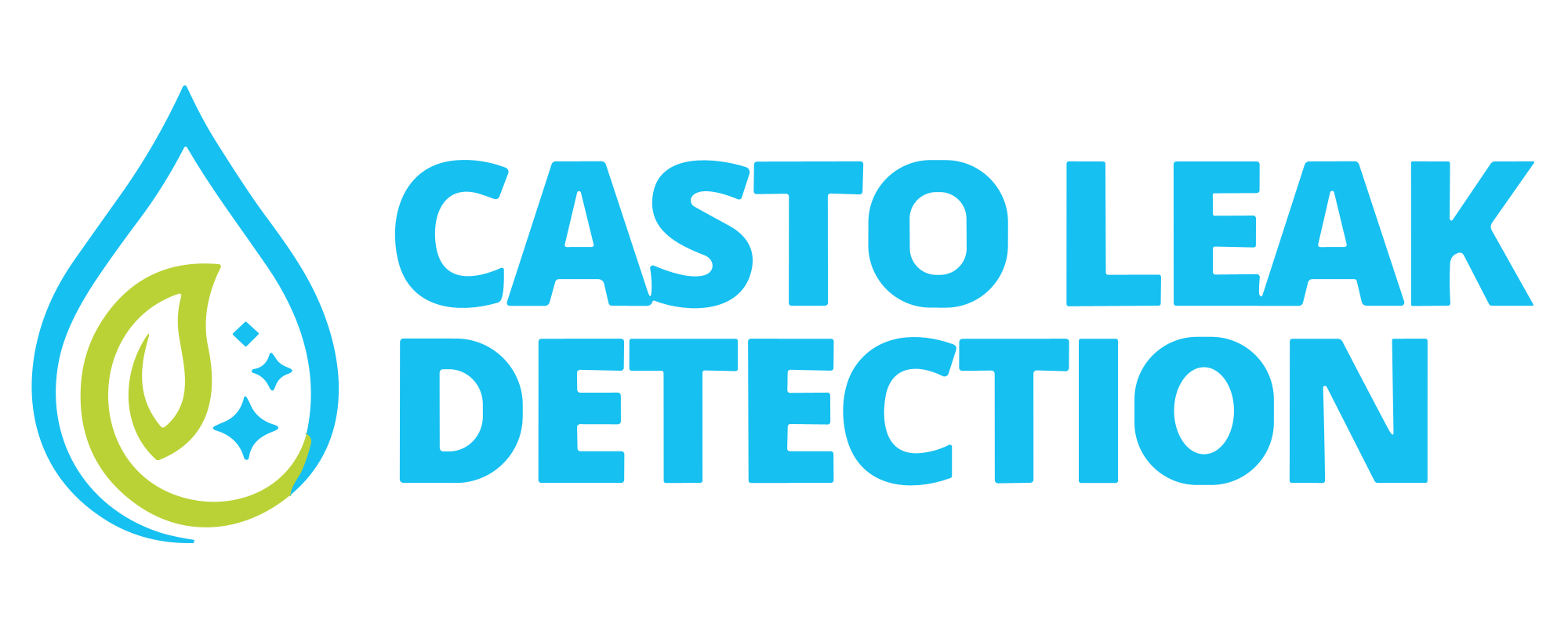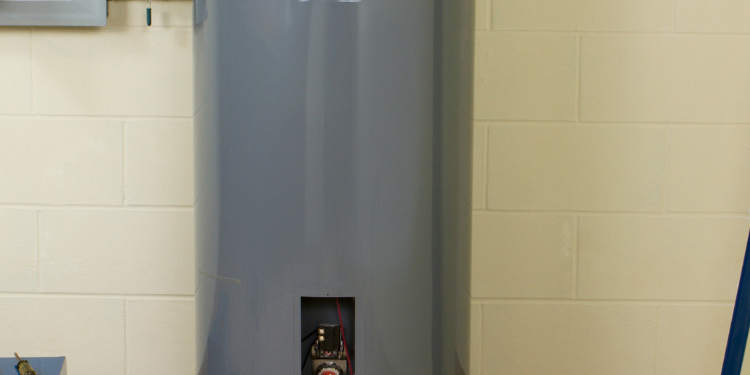A hot water heater leak is more than just an inconvenience—if left unchecked, it can cause significant water damage to your home. For homeowners in Richardson, Allen, Frisco, Plano, North Dallas, Addison, Lake Highland, Garland, Wylie, Rowlett, and Sachse, Texas, early leak detection is crucial. Casto Leak Detection is here to help you identify these issues before they escalate, offering expert advice and services to address leaks swiftly. Let’s explore how to detect hot water heater leaks and why it’s so important to address them promptly.
Key Takeaway: Detecting hot water heater leaks early can prevent costly repairs and damage. Recognizing the signs and knowing when to act will protect your home and ensure your water heater’s longevity.
Signs of a Hot Water Heater Leak
Recognizing Early Warning Signs
Leaking water heaters often show subtle signs before a major issue arises. In Richardson, Allen, Frisco, and surrounding areas, homeowners must be vigilant, especially when a water heater starts behaving abnormally.
If you notice puddles around the base of your hot water heater, it’s a telltale sign of a potential leak. Another sign is a sudden drop in water pressure. A decline in pressure may indicate that water is escaping from the heater before it reaches your faucet. Furthermore, if the water coming from your taps is rusty or discolored, this might suggest corrosion within the water heater, possibly leading to a leak.
Another key indicator of a leak is fluctuating water temperatures. When the hot water supply becomes inconsistent, especially during showers, there might be a leak inside the water heater tank. Homeowners in North Dallas, Frisco, and Allen should take such changes seriously, as ignoring them could result in a more significant issue down the line.
Causes of Hot Water Heater Leaks
Identifying the Root Cause
Understanding why your water heater might be leaking can help you take preventative measures. The leading cause of leaks is wear and tear. With age, water heaters can develop cracks in their tank or fittings due to the constant exposure to heat and pressure. This is particularly common in older homes across Lake Highland, Plano, and Garland.
Another common cause of leaks is high water pressure. If your home experiences frequent pressure fluctuations, the excess stress can wear out your heater’s internal components, leading to leaks over time. Many Richardson and Wylie residents don’t realize that the high water pressure could cause leaks until it’s too late.
Corrosion is another significant factor. As water heaters age, they accumulate sediment, which can eat away at the tank’s metal components. Regular maintenance and flushing of your tank can help reduce the buildup of sediment and extend the life of your heater.
Addressing Hot Water Heater Leaks
DIY Fixes vs. Professional Help
In some cases, homeowners might attempt to fix a small leak themselves. However, for those living in Rowlett, Sachse, or Addison, taking the DIY route could be risky if you’re unsure of the source of the leak. Tightening loose valves or replacing damaged pipes might seem straightforward, but if done improperly, these quick fixes can lead to more extensive damage.
For more significant leaks, or if you’re unsure of the leak’s origin, it’s best to call a professional. Casto Leak Detection specializes in identifying and addressing leaks in water heaters. With our expert team, we can assess the situation and provide the best course of action, whether that’s a repair or a full replacement. This ensures your water heater operates safely and efficiently.
Preventative Measures for Hot Water Heater Leaks
Regular Maintenance and Inspections
The best way to prevent leaks is through regular maintenance. Annual inspections by a qualified professional, such as those at Casto Leak Detection, can identify potential issues before they become major problems. During inspections, sediment is removed, valves are checked, and pressure settings are adjusted, ensuring that your water heater remains in optimal condition.
If you live in a high-sediment area like Wylie or Garland, it’s especially important to flush your water heater regularly. This can prevent sediment buildup that causes leaks and other damage over time.
Additionally, installing a water heater leak detector is a smart investment for homeowners in North Dallas, Plano, and Frisco. These devices alert you immediately if a leak occurs, allowing you to address the issue before it causes significant damage.
Answering Common Questions
What are the first signs of a hot water heater leak? The most common signs include puddles around the base, fluctuating water temperature, and rust-colored water.
Can I repair a hot water heater leak myself? Minor leaks may be manageable if you’re familiar with the water heater system, but it’s best to call a professional for major leaks to avoid further damage.
How can I prevent leaks in the future? Regular maintenance, sediment flushing, and annual inspections by professionals can help prevent leaks from occurring.
The Role of Water Pressure in Leaks
Water pressure plays a critical role in the health of your hot water heater. High water pressure can cause undue stress on your heater’s components, leading to premature failure. If you notice your home has high water pressure, consider installing a pressure-reducing valve to protect your water heater.
How Sediment Contributes to Leaks
Sediment buildup inside your water heater can contribute to leaks by corroding the tank. Homeowners in areas like Frisco and Richardson should flush their water heaters annually to prevent sediment from accumulating. This simple step can greatly extend the lifespan of your heater.
Why Professional Help Is Necessary
While DIY repairs might seem cost-effective, they often lead to more problems if not done correctly. Casto Leak Detection provides expert leak detection services for homeowners in Richardson, Allen, Plano, and surrounding areas. By reaching out to professionals early, you can prevent small leaks from turning into major disasters.
Resources for Further Reading:







